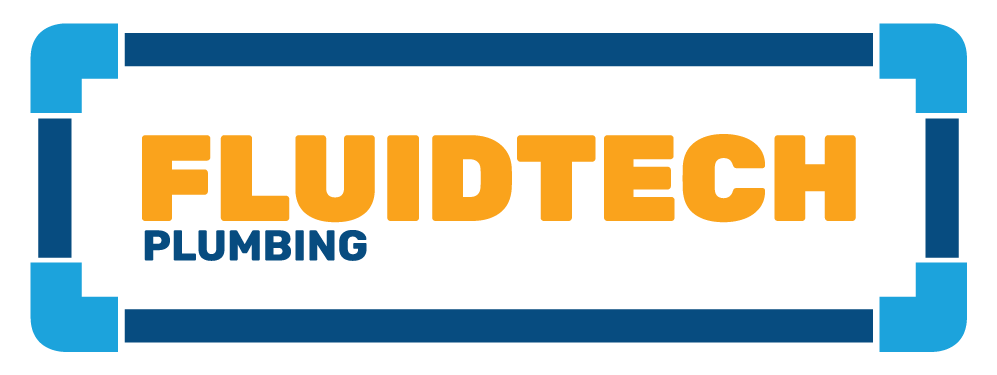How to get top residential plumbing repair at an affordable price?

Common Plumbing Issues and How to Fix Them: A DIY Guide
3 April 2024
Residential Plumbing Repair: Knowing the Types and Choosing the Right Pro
16 July 2024A trickling faucet, a gurgling drain, or a sudden geyser bursting beneath your sink—plumbing issues have a way of appearing at the most inconvenient times, leaving you feeling overwhelmed and anxious for a solution. Take a big breath before calling the first emergency plumber found on Google and emptying your savings account!
This blog will provide you with the knowledge and tactics you need to confidently handle residential plumbing repair, ensuring high-quality service at a low cost.
What are your preventative measures?
The simplest and most economical approach to addressing plumbing problems is to avoid them completely. Preventative maintenance becomes your superhero in this situation. Setting up yearly checkups with a licenced plumber is like donning a shield to keep off any issues. These inspections are like proactive detective work in that they find little leaks, hidden blockages, and old fixtures that are almost beyond residential plumbing repair. You save the worry (and expense) of having to deal with significant plumbing catastrophes later, thanks to early diagnosis and intervention.
Your Reliable Plumbing Solutions Partner
It’s crucial to hire the proper plumber when you have a plumbing problem that is beyond your DIY capabilities. Here’s a road map to help you through this important step:
The Influence of Suggestions: Allow the rumours to spread like wildfire. Speak with neighbours, acquaintances, and relatives who have recently had plumbing repairs done. Good word-of-mouth referrals from dependable people are quite important when choosing a trustworthy plumber.
Online Reviews: An Insight into Client Experiences Online reviews on sites like Google, Yelp, and Angie’s List can provide useful information about a plumber’s responsiveness, service quality, and cost structure, even if they are not a perfect method. To obtain a more complete picture, look for reviews on several platforms. Examine the specifics of previous client encounters: Were the quotations accurate? Did the plumber show up on schedule? Was the correspondence professional and lucid?
Compare quotes and shop around: Don’t take the first plumber who returns your call. Obtain quotations from several respectable businesses. Make sure the estimates are clear and comprehensive, describing the precise work that needs to be done, the approximate cost breakdown, and any guarantees that may be provided. With the help of this comparison study, you may select a plumber that delivers
Never Be Afraid to Ask Questions: Power comes from knowledge! Your enquiries concerning the issue, the suggested course of action, and the breakdown of costs will be promptly addressed by a respectable plumber. Never be afraid to ask questions regarding the materials being used, the precise nature of the repair, and when it should be finished.
How to save money at the time of residential plumbing repair
After locating a licenced plumber, let’s look at some ways to avoid breaking the bank:
Be Upfront About Your Budget: Since trust is fostered by openness, let the plumber know what your spending plan is. Numerous businesses provide tiers of pricing according to the intricacy of the task. By talking about your budget, the plumber can make recommendations for solutions that best meet your budgetary limits.
Time of Day/Week Matters: For plumbers, weekends and nights are “peak hours,” and as in any service sector, these times are frequently more expensive. For possible cost savings, try to arrange repairs during regular business hours. While emergency situations may require less flexibility, preparation might result in considerable cost savings.
Comparing Hourly vs. Flat Rates: Make a Deal! Talk about the potential of using a flat rate rather than an hourly cost for particular, well-defined repairs. This method might help you save money if the repair takes longer than expected and offers cost predictability.
Explore Maintenance Plans: Many plumbing companies offer annual maintenance plans. These plans often include annual inspections and discounted rates on repairs, potentially saving you money in the long run. Consider the frequency of past plumbing issues and the overall value proposition before committing to a maintenance plan.
An Extended Investment
Although price is important, keep in mind that the least expensive choice isn’t necessarily the best. Prioritise high-quality work and a reputable organisation when selecting a plumber. Choose a plumber with insurance and licensure for residential plumbing repair who puts the needs of his or her clients first. You have peace of mind knowing the project is done professionally and with high-quality materials, even though the initial cost may be slightly higher. This lowers the possibility of later issues and possible higher repair expenses.
Final Words
By following the steps outlined in this guide, you’ll be well-equipped to handle residential plumbing issues with confidence. Remember, preventative maintenance is your best defence against major problems. However, when faced with a plumbing challenge beyond your DIY skillset, don’t panic! Utilise the strategies mentioned here to find a qualified plumber who can provide top-notch service at a reasonable price.





